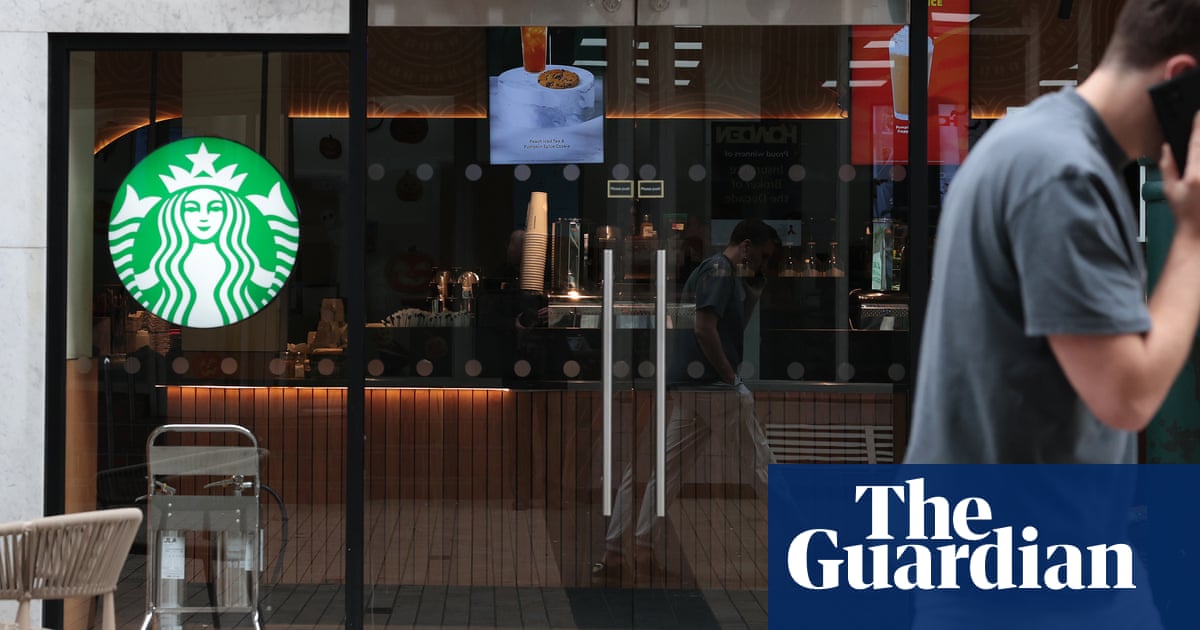A fear of being ordered back to the office is having an impact on workers’ wellbeing, according to a poll, after a string of companies issued return-to-office mandates.
More than a third (38%) of workers surveyed said recent news stories about companies hardening their stance on office attendance had negatively affected their wellbeing, highlighting the tug-of-war between employers and their employees.
More than four in five (84%) employees who work in a hybrid way – splitting their time between the office and a remote location, such as home – said it had a positive effect on their overall wellbeing, including their mental, physical, social and financial wellbeing.
More women (87%) than men (80%) said they believed hybrid working had improved their wellbeing in the survey of 3,600 UK employers and employees across a range of industries in the public and private sectors between late April and early May by the recruitment company Hays.
The main worry about returning to the office more frequently was cost, potentially additional commuting expenses, as almost six in 10 (59%) of those polled said worries about their finances would affect their willingness to spend more time in the office.
Hybrid working had become the standard pattern for more than a quarter (28%) of working adults in Great Britain by the first three months of this year, according to figures from the Office for National Statistics.
However, a string of businesses, particularly those in the financial sector, have hit the headlines in recent months after increasing their office attendance requirements.
HSBC told staff in its UK high street banks in May that it might cut their bonuses if they did not spend at least 60% of their time at their office desks. Barclays and Santander have also tightening their rules around remote working.
The world’s largest listed hedge fund, Man Group, ordered its London-based analysts to temporarily return to the office five days a week at the start of June as its seeks to recover from a period of poor performance.
after newsletter promotion
Hannah Pearsall, the head of wellbeing at Hays, said: “The popularity of hybrid working shows no signs of wavering any time soon and the role this flexible working pattern plays in improving wellbeing should not be overlooked. A lack of awareness around the impact of RTO [return to office] on wellbeing, particularly financial wellbeing, could be catastrophic for the sustained success of their business.”
More women (42%) responding to the poll said their wellbeing had been negatively affected by news stories about return-to-office mandates than their male counterparts (32%), while younger workers aged 20 to 29 were also more concerned by the possibility of increased office attendance requirements than colleagues aged 50 and over.

 5 hours ago
5
5 hours ago
5

















































